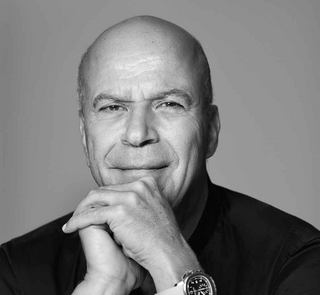
Cannabidiol (CBD) is one of two primary active ingredients in the cannabis plant, also known as hemp or marijuana. CBD has been touted for its health benefits in recent years. Individuals interested in CBD should learn more about what CBD is, how it differs from the cannabis plant’s primary chemical, and how CBD can provide support in areas of skin care, pain relief, and sleep.
The most prevalent active ingredient in marijuana is tetrahydrocannabinol (THC). When ingested, usually by using a pipe or consumed as an edible, THC can have psychoactive effects that create the “high” people describe after using marijuana. CBD is not a psychoactive chemical and does not produce a marijuana high, though individuals should carefully research products to determine whether they feature THC or may contain trace amounts of THC.
When used independently of THC, CBD is associated with a calming sensation that can reduce stress and anxiety. According to the medical journal Neuropsychopharmacology, the use of CBD without THC “is unlikely to… impair daily functioning or workplace performance.” Meanwhile, the World Health Organization has stated that CBD demonstrates no potential for substance abuse or dependency.
Before learning about the many potential health benefits of CBD, individuals should understand two important facts. First, the legality of CBD can vary from one state to the next, especially if the CBD product in question also features THC. The Farm Bill, which was passed in 2018, removed CBD from the Controlled Substances Act so long as it is derived from a hemp plant, although CBD derived from marijuana has the same molecular structure. CBD products are readily available online and can be legally purchased alongside marijuana products in states that offer medical marijuana licenses.
The second fact about CBD is that many health studies remain in the earliest stages of exploration. The Food and Drug Administration has only officially recognized one CBD product as a medical treatment. CBD has proven effective as a treatment for severe cases of childhood epilepsy, including Dravet syndrome and Lennox-Gastaut syndrome. These conditions have proven resistant to standard anti-seizure medications but have responded well to CBD.
However, additional studies have indicated that CBD has the potential to address many more health conditions. CBD is often cited for its help with stress and anxiety. The latest studies indicate this may be a short-term but potent health benefit, and that CBD is a more effective treatment for anxiety than THC.
CBD may also function as an effective treatment for chronic pain. An increasing number of studies have supported this claim, including a significant study published in the European Journal of Pain. This study determined topical CBD treatments were especially beneficial for treating arthritic pain and inflammation. Additional studies suggest CBD can help address complex neuropathic pain.
Individuals living with insomnia may benefit from using CBD products, especially if the insomnia is rooted in pain or anxiety. Research indicates CBD can not only help individuals fall asleep at the desired time, but also stay asleep throughout the night.
Finally, CBD has been used as an effective skincare treatment. It can help reduce inflammation and other symptoms associated with psoriasis, eczema, and other skin conditions.
While more research is required to fully understand the potential health benefits of CBD, there is little risk involved with using CBD products. In addition to presenting no characteristics associated with chemical dependency and abuse, CBD has not been linked to any serious or long-term side effects. The most common side effects include fatigue, nausea, and irritability, all of which can be addressed by ceasing to use CBD.
